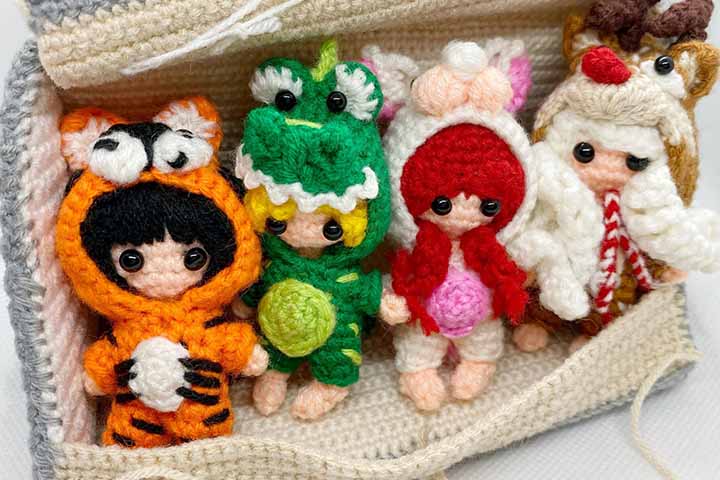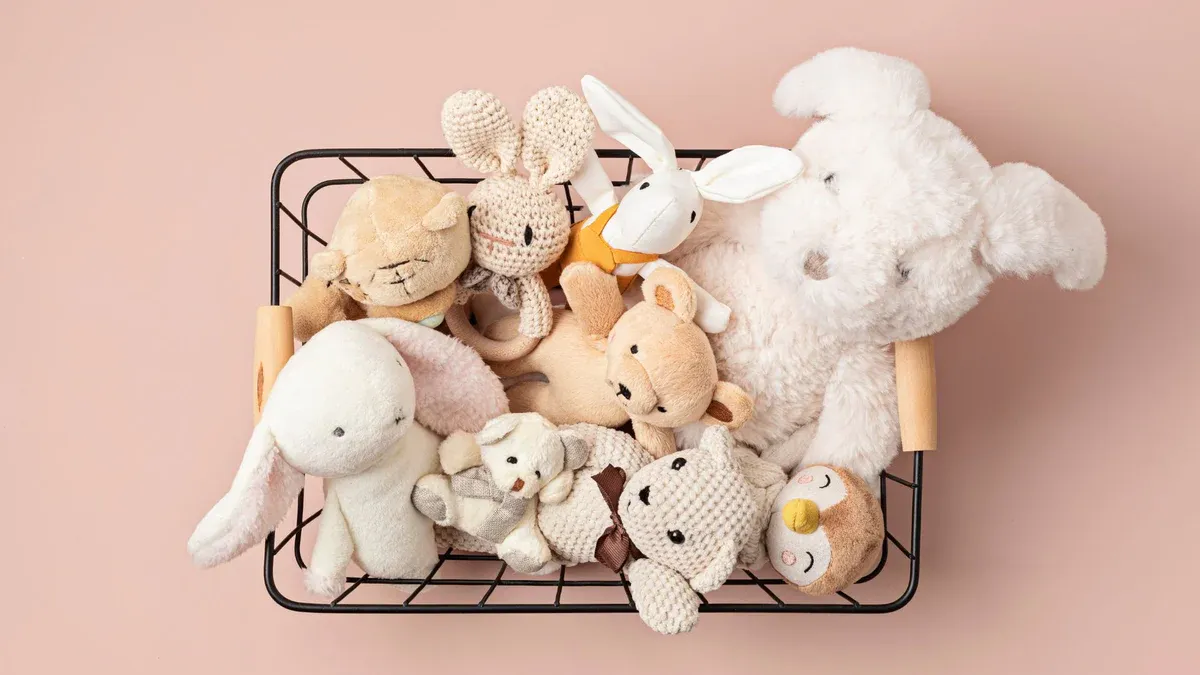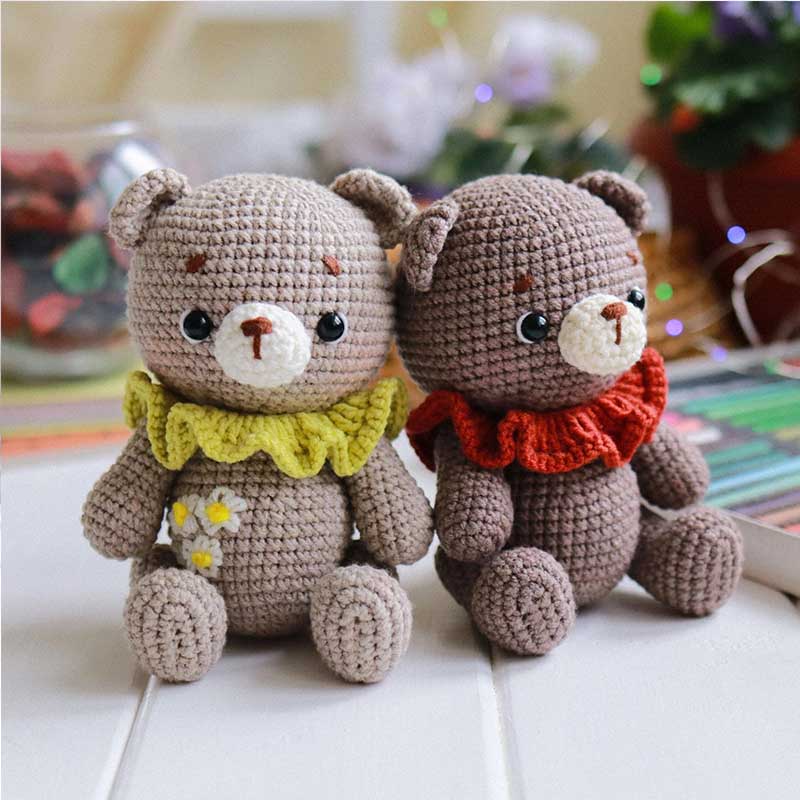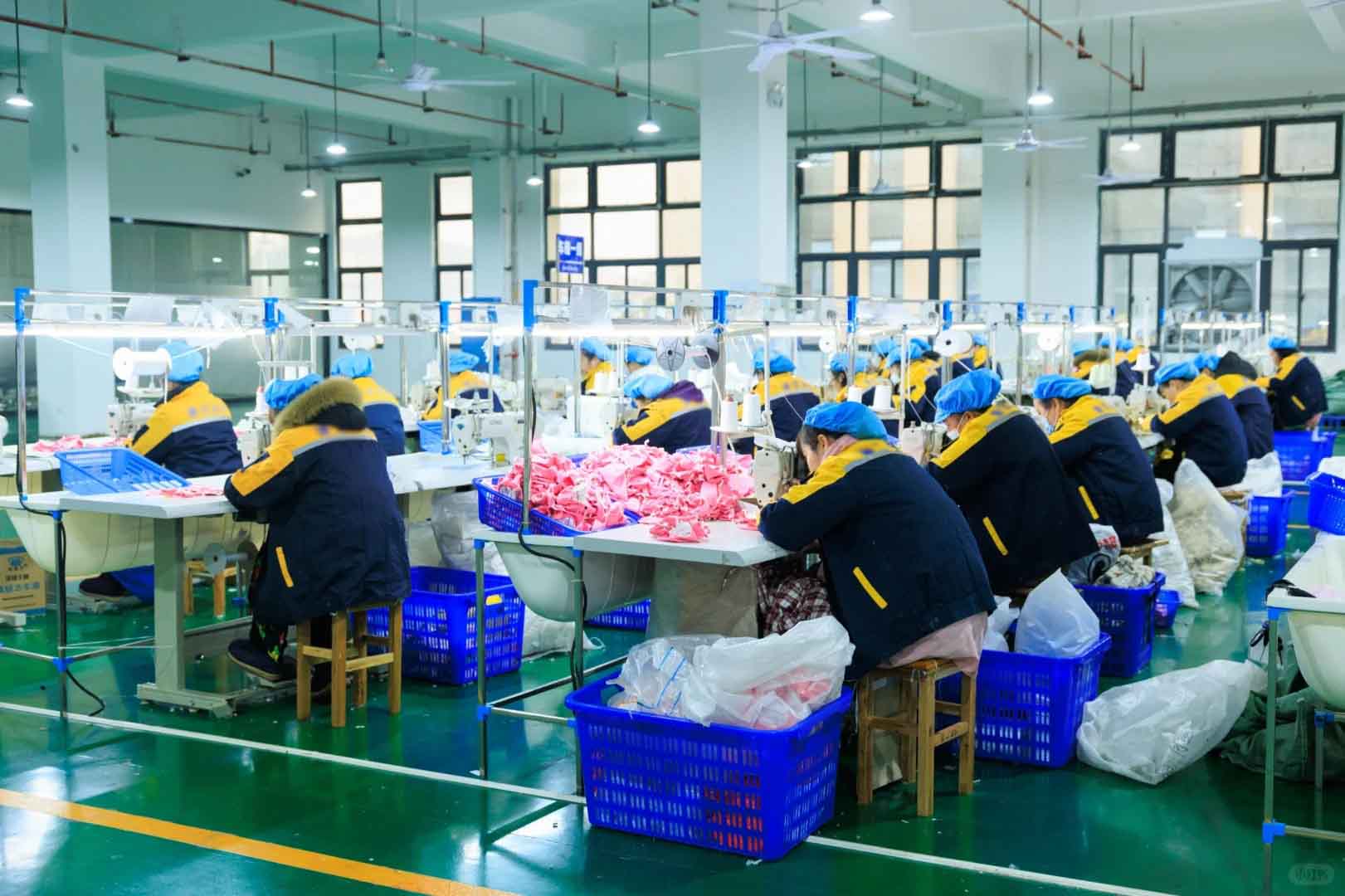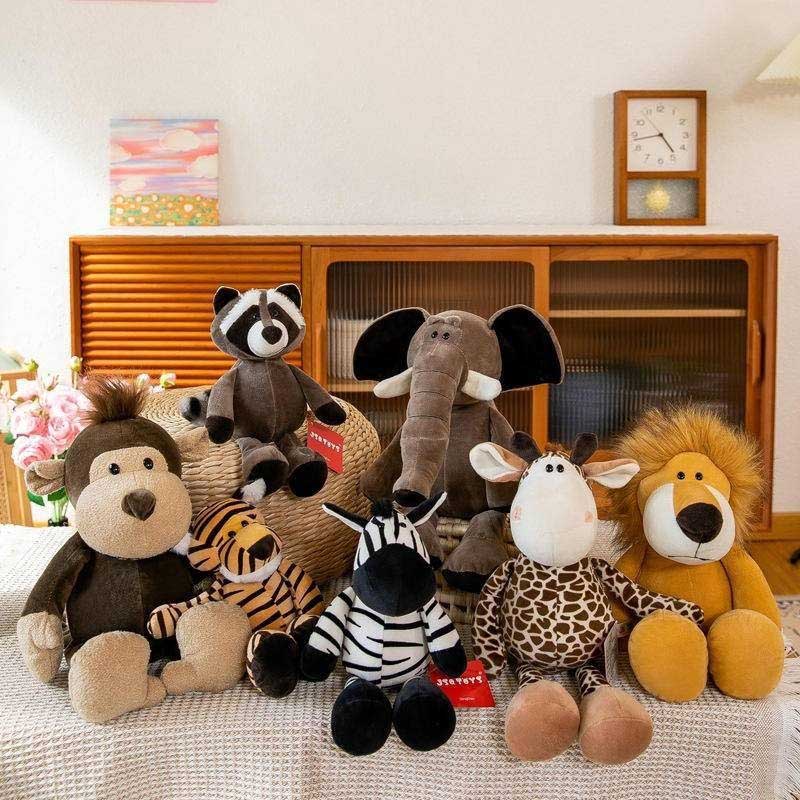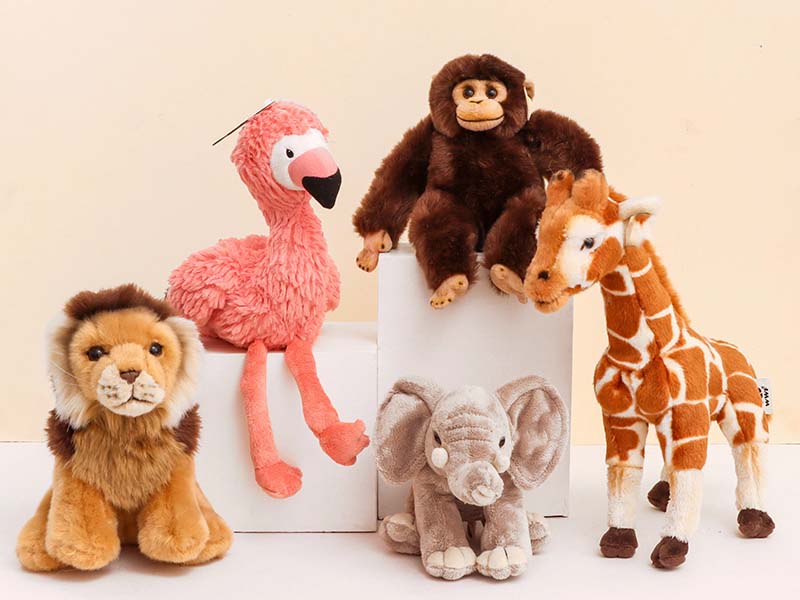Custom pet stuffed animals have grown from being just novelty gifts into meaningful, high-value products in the global plush market. For buyers, these toys represent an emotional connection, allowing pet owners and brands to capture the likeness of a beloved animal in soft, safe, and durable form. In this guide, I will explain what custom pet plush toys are, the types available, materials used, why they are valuable, how the customization process works, and where the demand is growing.
1. What Are Custom Pet Plush Toys?

Custom pet plush toys are personalized stuffed animals designed to replicate the appearance of a real pet or follow a pet-inspired design. They are often created from photographs or illustrations and transformed into 3D plush toys through professional design, embroidery, and sewing techniques. These toys are not only bought by individual consumers but also by pet brands, veterinary clinics, e-commerce businesses, and promotional companies.
The key value lies in their uniqueness. Unlike mass-market plush toys, every custom piece reflects a specific animal—its fur color, markings, and even its expression. Buyers can request features like collars, embroidered names, or accessories to make the plush more realistic and meaningful.
For B2B buyers, custom pet plush toys open opportunities in retail, promotional campaigns, and corporate branding. They also perform strongly in online marketplaces like Etsy and Amazon, where personalization drives higher prices and repeat purchases. In wholesale markets, businesses often create small-batch collections of custom plush toys for pet brands or gift shops.
| Feature | Description |
| Personalization | Based on pet photos, names, or accessories |
| Buyers | Pet owners, retailers, brands, promotional firms |
| Market Value | High resale margin, emotional product appeal |
2. Types of Custom Pet Plush Toys

There are several main types of custom pet plush toys, and choosing the right one depends on customer needs and market positioning. The most common is the realistic replica plush, which captures an animal’s features as accurately as possible. These are popular among pet owners who want a keepsake of their dog, cat, or other animals.
Another type is the stylized plush, where pets are designed in cartoon-like or simplified form. These are easier to produce in bulk, cost less, and are well-suited for promotional or children’s products. Miniature plush keychains and pillow-style plush are also widely used by brands because they combine functionality with emotional appeal.
For businesses, offering multiple types allows them to target different market segments. A premium customer may request a lifelike dog plush, while a promotional company might prefer simplified cartoon plush in larger volumes. By diversifying options, wholesalers and factories can increase order flexibility and meet a wider range of demands.
| Type | Characteristics | Target Market |
| Realistic Replica | High detail, accurate markings, lifelike look | Pet owners, premium buyers |
| Stylized Plush | Cartoon-like, simplified, fun | Children, promotions |
| Keychain Plush | Small size, functional accessory | Souvenir, giveaways |
| Pillow Plush | Flat design, multipurpose | Home décor, gift shops |
3. Materials and Filling for Safety and Quality

The success of custom pet plush toys depends heavily on the choice of fabric and filling. Buyers value not only appearance but also safety, durability, and comfort. Velboa and minky fabrics are the most popular choices because they are soft, durable, and easy to maintain. For pets with long fur, factories often use faux fur fabrics to replicate realistic textures.
The inside filling is equally important. The most common option is polyester fiberfill, which is lightweight, washable, and cost-efficient. For eco-conscious brands, recycled PET fiberfill or organic cotton stuffing are gaining popularity, as they appeal to environmentally aware consumers. Some clients also request weighted fillings, such as plastic pellets, to give the plush toy a more solid and lifelike feel.
Safety standards cannot be ignored. Fabrics and fillings must comply with CE, ASTM, or ISO requirements to ensure they are free from harmful chemicals, non-flammable, and suitable for children. Reinforced stitching is also crucial, especially for plush toys given to kids or used in promotional giveaways. Buyers should always source from suppliers with test reports and certificates to avoid compliance issues.
| Material Type | Advantages | Typical Use Cases |
| Velboa/Minky | Soft, durable, baby-safe | Everyday plush, pet replicas |
| Faux Fur | Realistic, premium appearance | High-end, collectible plush |
| Polyester Fiberfill | Lightweight, washable, cost-effective | Mass-market plush, wholesale |
| Recycled Fiberfill | Eco-friendly, sustainable branding | Eco-focused brands, retail stores |
4. Why Choose Custom Pet Plush Toys?

Custom pet plush toys hold emotional, commercial, and marketing value, which is why they have become a fast-growing category in the plush industry. For pet owners, these toys are keepsakes that preserve memories and provide comfort. They are often gifted as memorials when a beloved pet passes away or as a unique present for birthdays and holidays.
From a business perspective, custom pet plush toys offer excellent brand-building opportunities. Pet supply companies, veterinary clinics, or pet grooming salons can create their own mascot plush toys to give away or sell. Promotional companies also use them as marketing tools, combining brand logos with pet themes to increase recognition and customer loyalty.
For e-commerce sellers, personalization drives higher conversion rates and repeat sales. Unlike generic plush toys, custom pet plush toys often justify a premium price, giving businesses higher profit margins. The emotional attachment customers feel toward these products increases their perceived value.
In addition, the versatility of these toys means they fit multiple channels—from retail shelves to trade shows and online stores. Whether used as gifts, collectibles, or promotional products, custom pet plush toys meet both emotional and commercial needs.
| Benefit | Value Created |
| Emotional Connection | Keepsakes, memorials, personal gifts |
| Branding Tool | Mascot toys, promotional giveaways |
| Market Profitability | Higher margins through personalization |
| Versatility | Retail, e-commerce, promotional use |
5. How to Customize Your Pet Plush Toy (Process)

The customization process is a step-by-step collaboration between buyers and manufacturers. It typically begins with the client providing photos or design references of the pet. Factories then create concept sketches or digital 3D models to visualize the final toy. After approval, the design moves into the prototyping stage.
During prototyping, materials and colors are selected carefully to match the pet’s appearance. Embroidery is used for facial features, while accessories such as collars, scarves, or name tags can be added. The prototype is then reviewed by the buyer, and adjustments are made until satisfaction is achieved.
Once approved, bulk production begins. Fabric cutting, embroidery, sewing, stuffing, and quality inspection follow standard manufacturing processes. Each toy undergoes safety testing and durability checks before packaging. For international buyers, compliance certificates such as CE or ASTM are often provided along with the shipment.
This structured process ensures that every custom plush toy meets design expectations, safety standards, and delivery timelines. Buyers benefit from transparent communication at every stage, reducing risks and ensuring product success.
| Step | Description |
| Design Submission | Client provides photos, sketches, or concepts |
| Prototyping | Factory creates sample for review |
| Adjustments | Edits made until approval |
| Bulk Production | Fabrication, stuffing, sewing, testing |
| Packaging & Delivery | Branded packaging and certified shipment |
6. Applications and Market Demand
The demand for custom pet plush toys is rising globally, fueled by the growing pet care industry and personalization trends. In retail, pet owners buy them as gifts, keepsakes, or collectibles. In e-commerce, they are among the top-selling personalized products because they meet both emotional and practical needs.
Businesses also leverage these toys for branding. Veterinary clinics, pet food companies, and grooming services often use mascot plush toys in marketing campaigns. Trade show giveaways and promotional bundles featuring custom pet plush toys have proven highly effective in building customer loyalty.
Internationally, markets like the USA, Europe, and Japan show the highest demand. Buyers in these regions value safety certifications, quality stitching, and the ability to customize with logos or packaging. With increasing consumer focus on sustainability, eco-friendly materials such as recycled fiberfill or organic cotton plush are becoming more attractive.
For B2B buyers, the key opportunity lies in combining emotional appeal with professional production standards. A factory that can deliver safe, customizable, and compliant plush toys on time gives businesses a competitive edge in crowded markets.
| Application | Example Use Cases |
| Retail & E-commerce | Personalized pet replicas, gifts, memorials |
| Branding & Promotion | Mascot plush, giveaways, corporate campaigns |
| Global Markets | USA, Europe, Japan – eco and safety focused |
Custom pet plush toys combine emotional value, branding potential, and strong market demand. By working with a professional manufacturer like Kinwin, buyers can ensure safety, compliance, and high-quality customization that drives customer satisfaction.
Contact Kinwin today to create custom plush toys that reflect your market needs, brand identity, and customer expectations.


